Research impact
Warwick's Classics Department believes that research into Greek and Roman antiquity contributes important social and cultural insights for modern society. We're committed to engaging diverse audiences and communicating our research in innovative ways to organisations and individuals. Our research has increased popular engagement with, and knowledge about, the ancient world by feeding into critically-acclaimed radio and television programmes.
We're committed to supporting teaching and learning of Classics in secondary education in the UK by providing educational resources and teacher training sessions based on the most recent research developments. We utilise cutting-edge digital technology to make the world of ancient Greece and Rome accessible to the widest audience possible. Writing for mainstream and online media for a variety of audiences further extends engagement with our research.
For more information on our broader engagement, outreach and widening participation activities, visit our engagement page.
Popularising Classics and ancient history
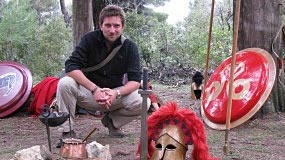
Improving public understanding through popular writing
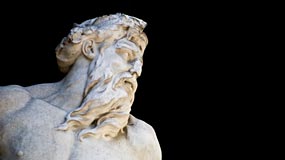
Enhancing teaching and learning in Classics
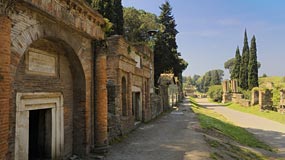
Classics 2.0: digital humanities
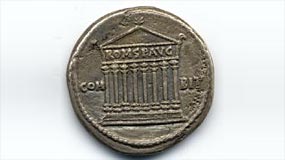
Ancient medicine and its legacy
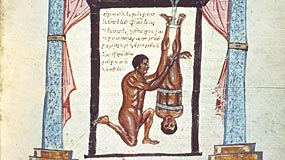
Latin inscriptions in the Ashmolean Museum
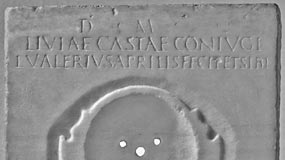
Image credits
Inscription C3-45: copyright Centre for the Study of Ancient Documents, Oxford
Our impact
Enhancing public appreciation for and understanding of Greek and Roman classical history through critically-acclaimed radio and TV programmes, writing for popular media and public events
Shaping the design and delivery of teaching and learning of the Classical World in Secondary, Further and Higher Education in the UK and internationally
By exploiting the latest digital technology in our Classics 2.0 series, we have re-presented and preserved our shared cultural heritage, and made it accessible to wider audiences
Our partners
Ashmolean Museum, Oxford
British School at Rome
Joint Association of Classical Teachers (JACT)
Newberry Library, Chicago
Royal Numismatic Society
Warburg Institute, London
Recent media
Podcasts and videos
Prof. Alison Cooley and Dr Jane Masséglia in conversation at the Ashmolean Museum: a Roman mother's memorial for her teenage son, with some unusual images of Hercules.
The Pompeii sourcebook meant that I was very easily able to adjust the module prescription in full confidence that students and teachers would have easy access to the relevant texts with very helpful contextual commentary.”
— AS-Level Classical Civilisation Course Creator

